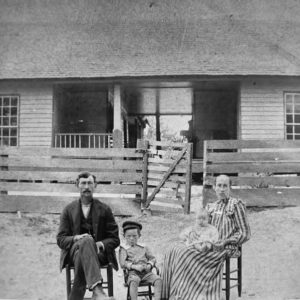 W. H. Allen House in 1904
W. H. Allen House in 1904
Entry Type: Group - Starting with W
 W. H. Allen House in 1904
W. H. Allen House in 1904
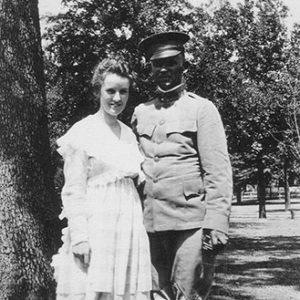 William J. Waggoner and Ruth Bradford
William J. Waggoner and Ruth Bradford
 Walnut Ridge Army Flying School
Walnut Ridge Army Flying School
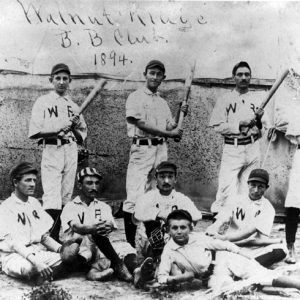 Walnut Ridge Baseball Club
Walnut Ridge Baseball Club
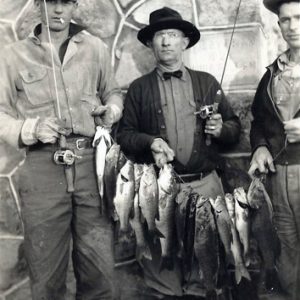 Lon Warneke
Lon Warneke
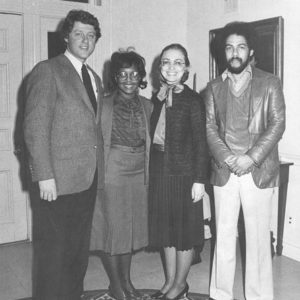 Joyce Warren at Governor's Mansion
Joyce Warren at Governor's Mansion
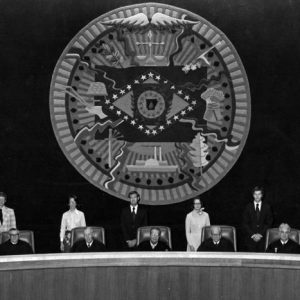 Joyce Warren at Supreme Court
Joyce Warren at Supreme Court
Washington County Historical Society
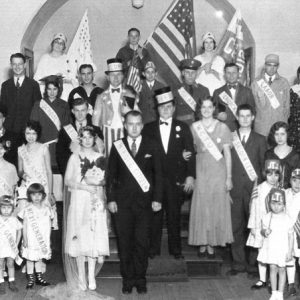 WCTU Banquet
WCTU Banquet
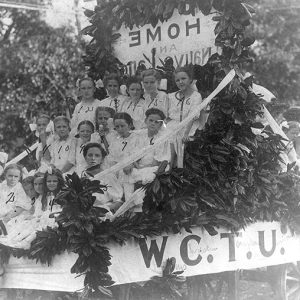 WCTU Float
WCTU Float
 Webb House Restoration Workshop
Webb House Restoration Workshop
Weekend Theater
WEHCO Media, Inc.
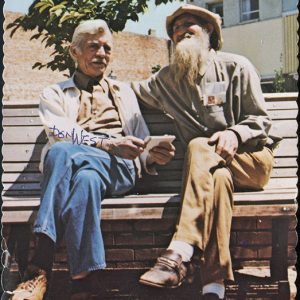 West and Henson
West and Henson
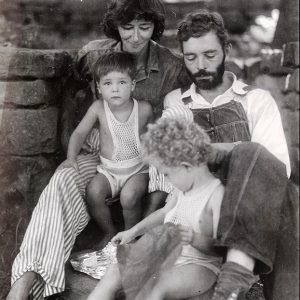 West Family
West Family
 West Memphis Three
West Memphis Three
 West Memphis Three Victims
West Memphis Three Victims
West Memphis Three
 Westbrook Testimonial Dinner
Westbrook Testimonial Dinner
 Wetland Planning
Wetland Planning
Whig Party
White County Historical Society
White Revolution
 Elton and Betty White
Elton and Betty White
 George Bush with Gay and Frank White
George Bush with Gay and Frank White
Wilburn Brothers
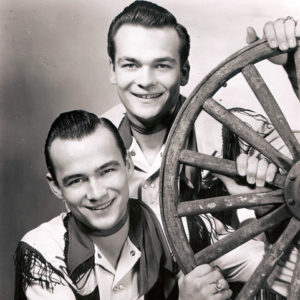 Wilburn Brothers
Wilburn Brothers
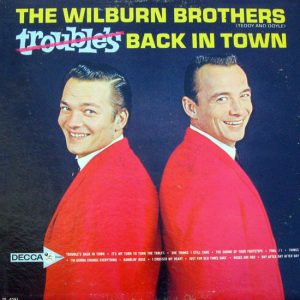 Wilburn Brothers' Back in Town
Wilburn Brothers' Back in Town
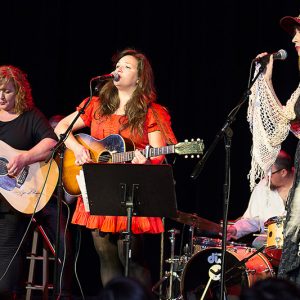 The Wildflowers
The Wildflowers
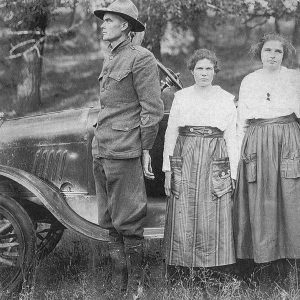 Williams Family
Williams Family
Willis Shaw Logistics
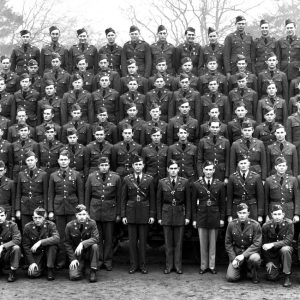 Williwaw War Troops
Williwaw War Troops
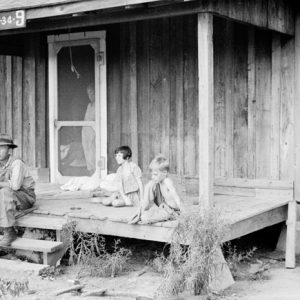 Wilson Plantation Sharecroppers
Wilson Plantation Sharecroppers
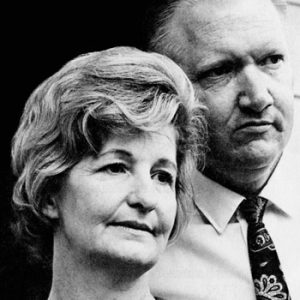 Betty and Gene Wirges
Betty and Gene Wirges
Wittenberg, Delony & Davidson Architects
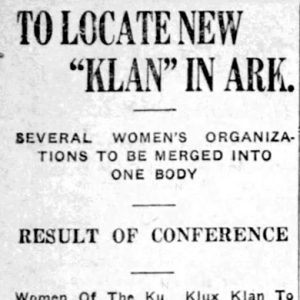 WKKK Article
WKKK Article
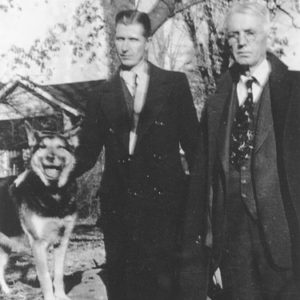 John Quincy Wolf Jr. and Father
John Quincy Wolf Jr. and Father
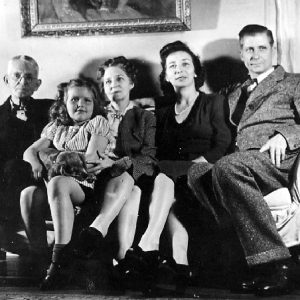 Wolf Family
Wolf Family
Woman’s Christian Temperance Union (WCTU)
aka: Arkansas Woman's Christian Temperance Union
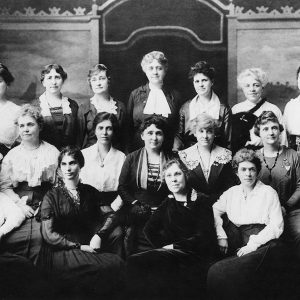 Woman's Committee
Woman's Committee
Women for Constitutional Government (WCG)
Women in the Civil War
Women in the Southern Tenant Farmers’ Union
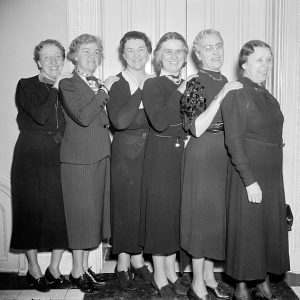 Women of the 75th U.S. Congress
Women of the 75th U.S. Congress
Women of the Ku Klux Klan (WKKK)
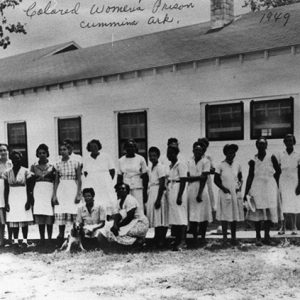 Women Prisoners
Women Prisoners
Women’s Action for New Directions, Arkansas Chapter
aka: Arkansas WAND
Women’s Auxiliary Army Corps (WAAC)
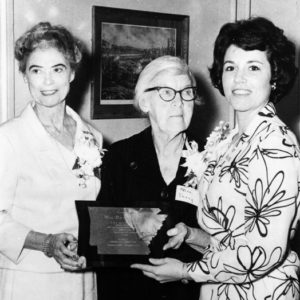 WEC Members Brewer, Terry, and House
WEC Members Brewer, Terry, and House




